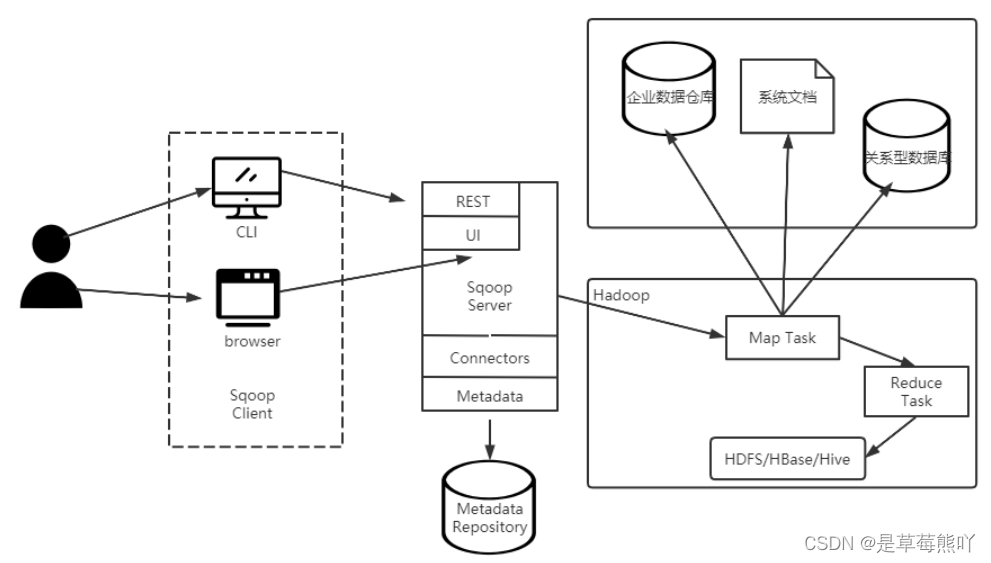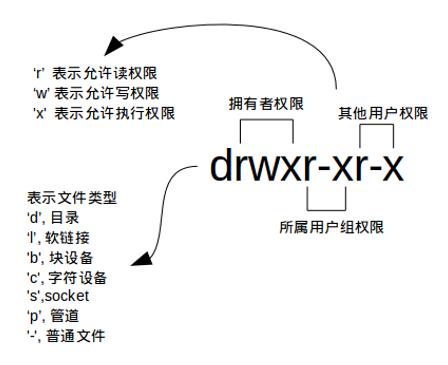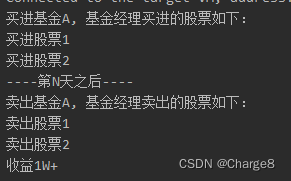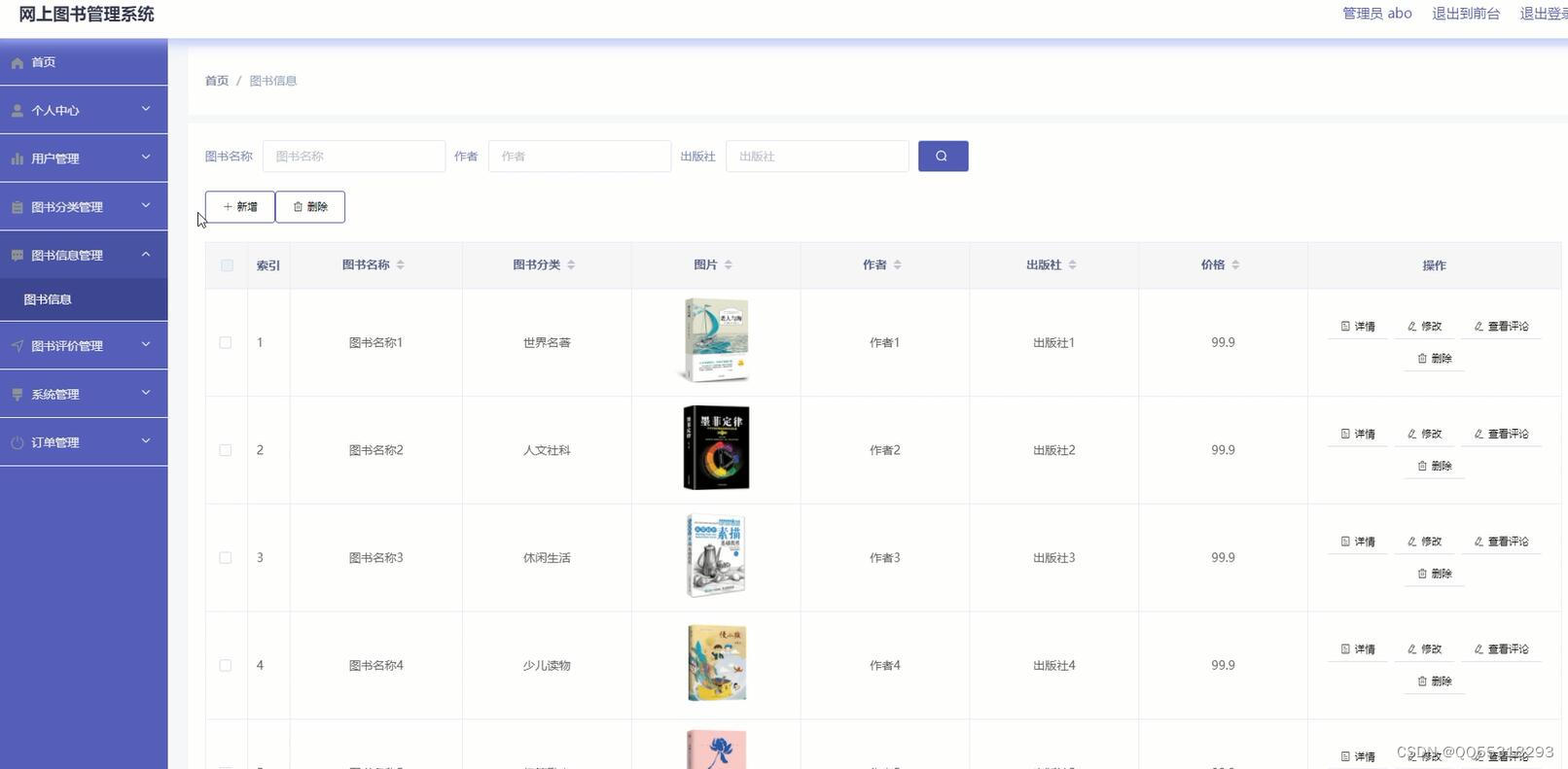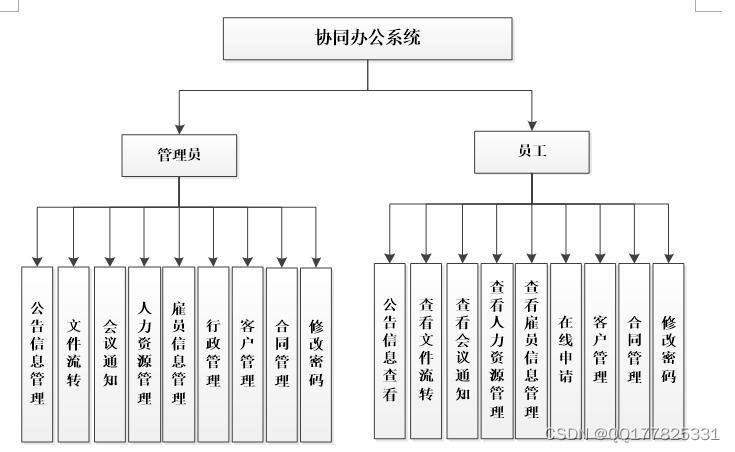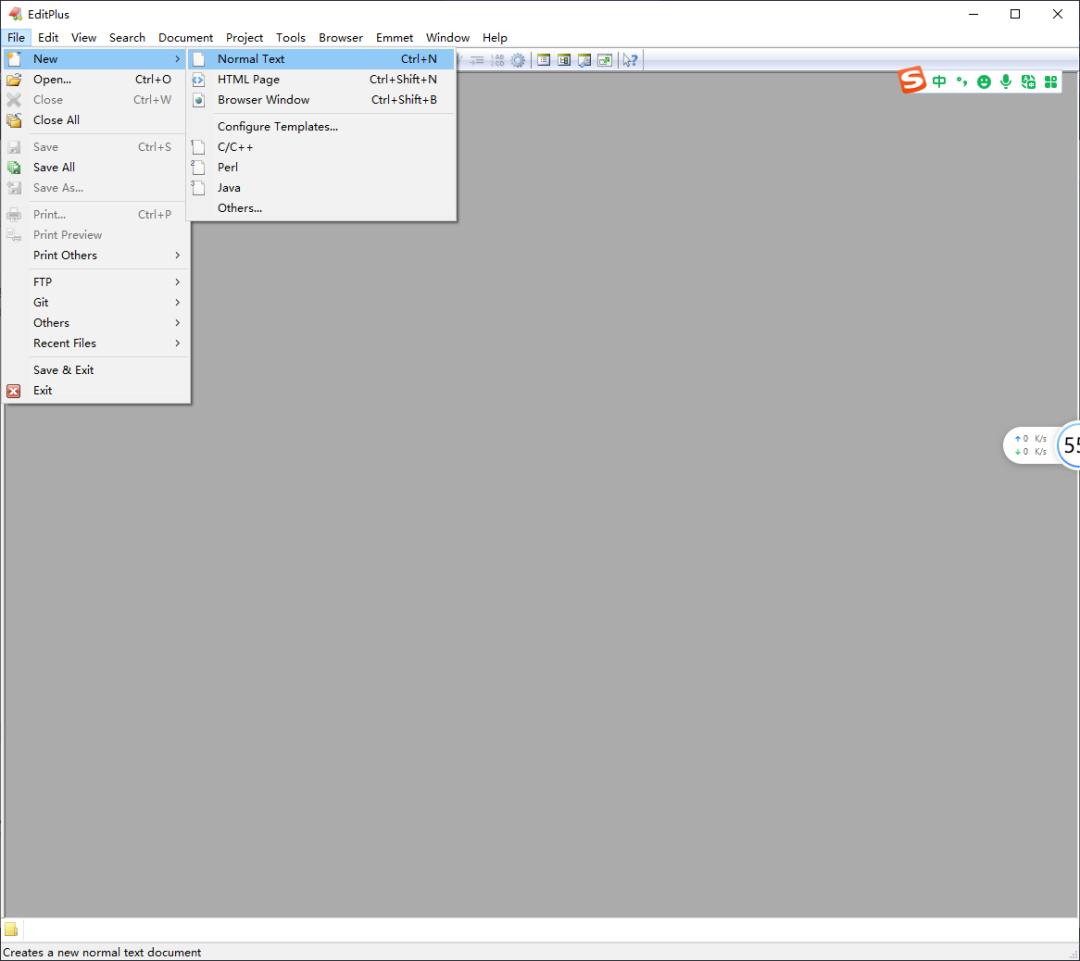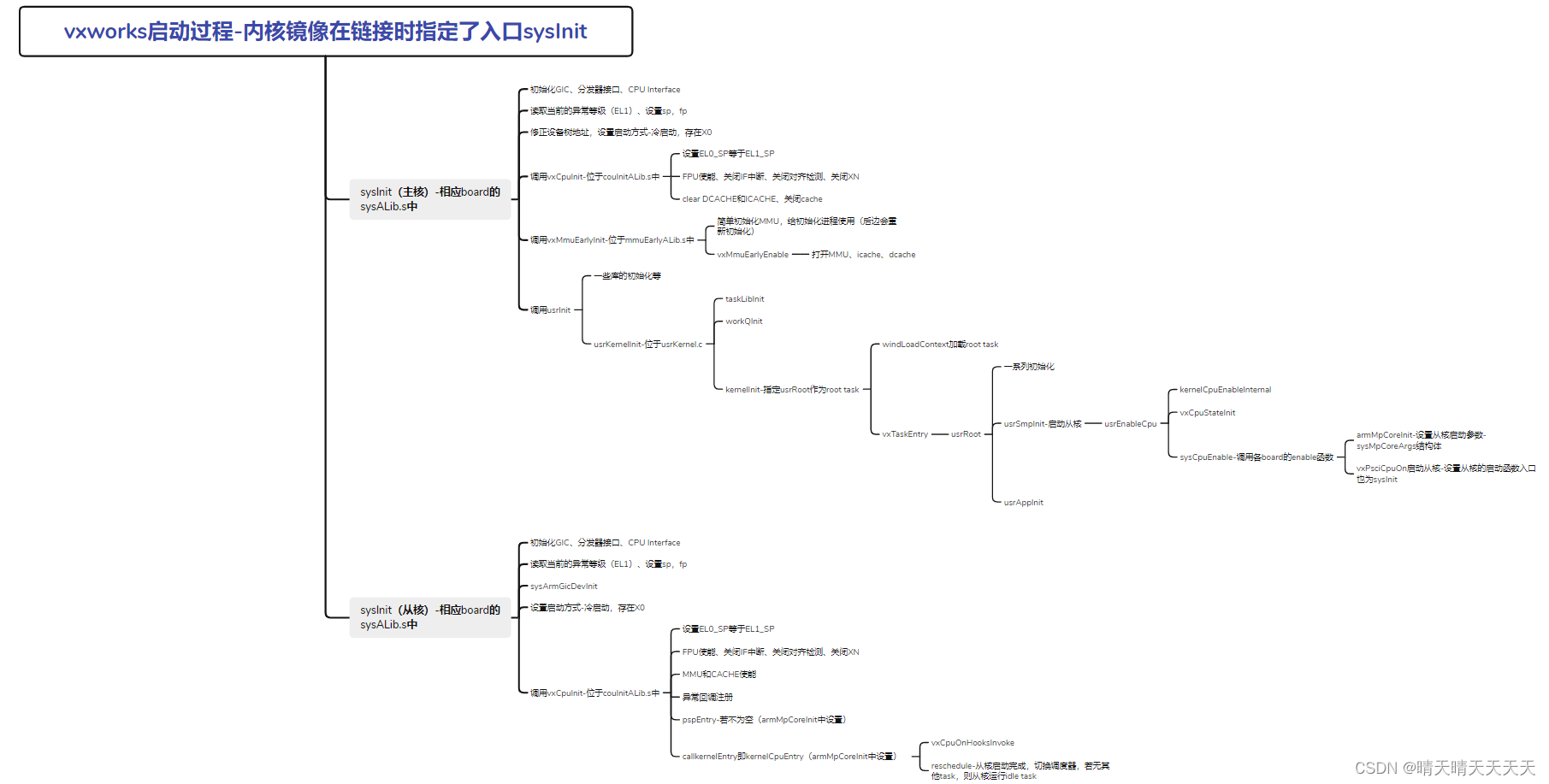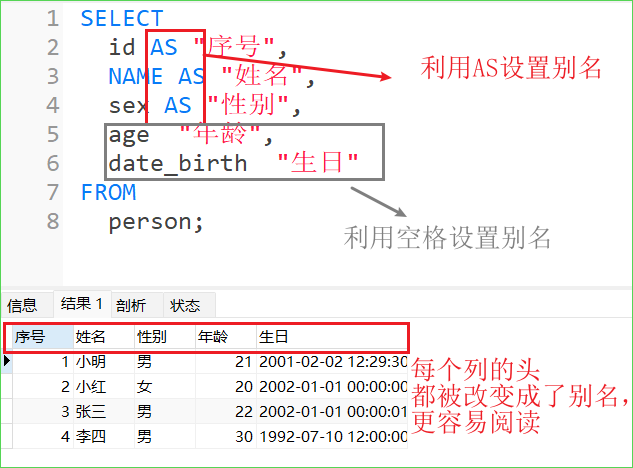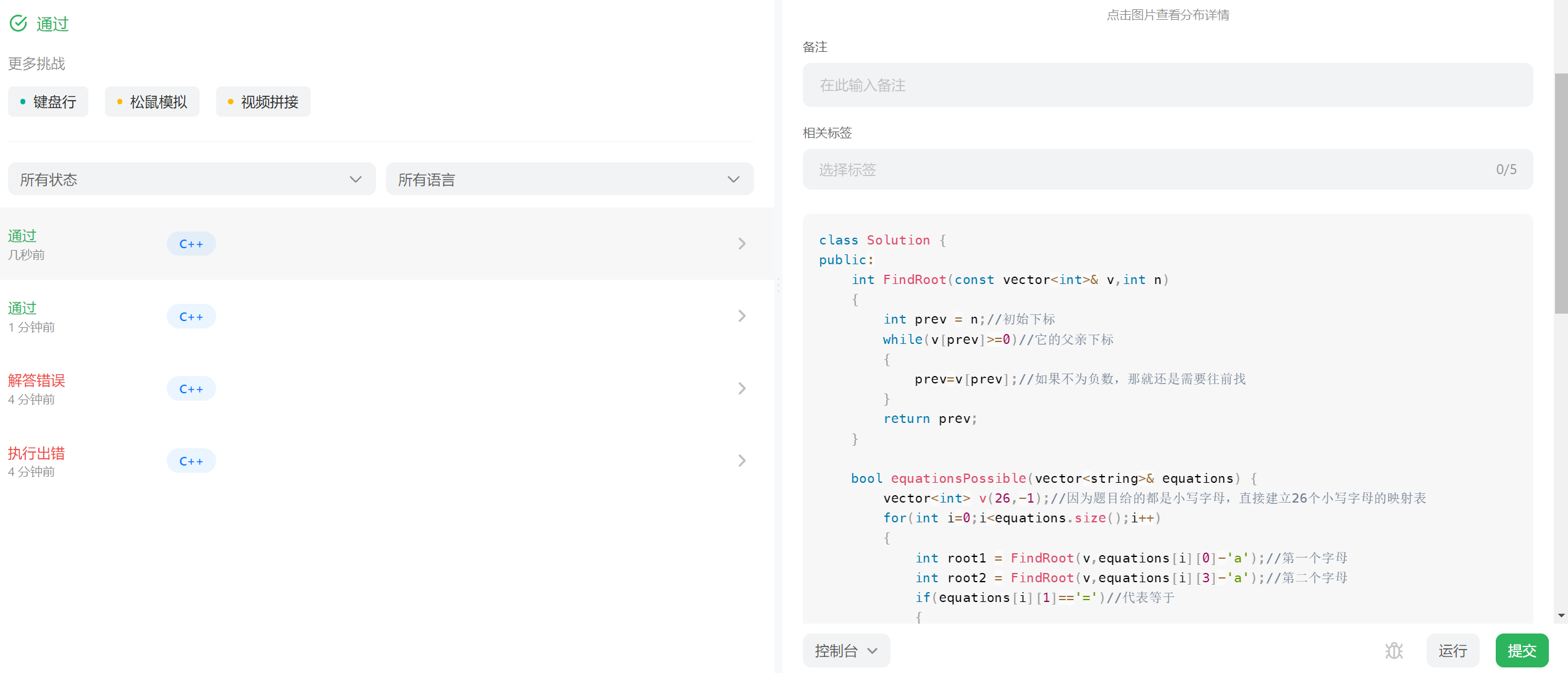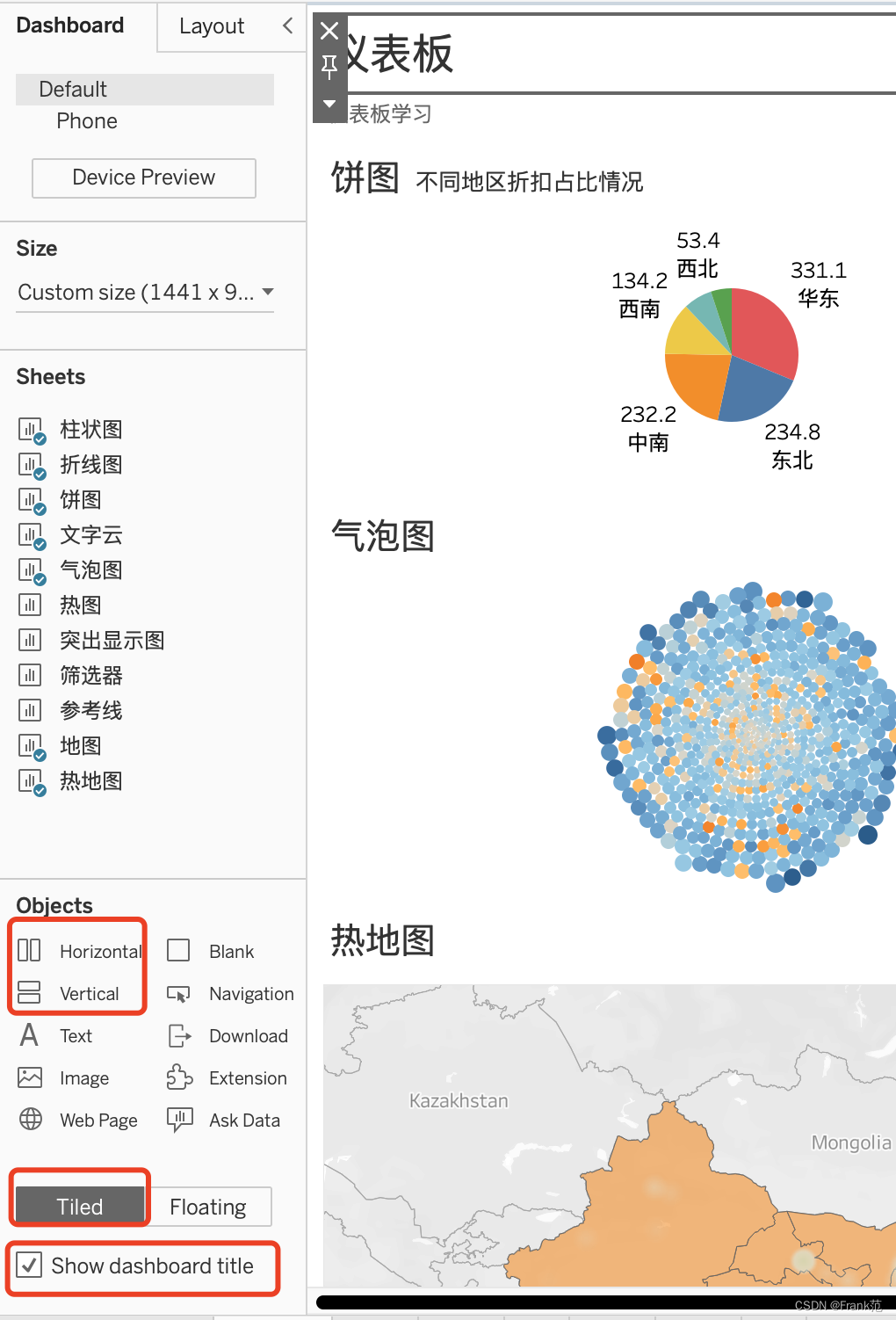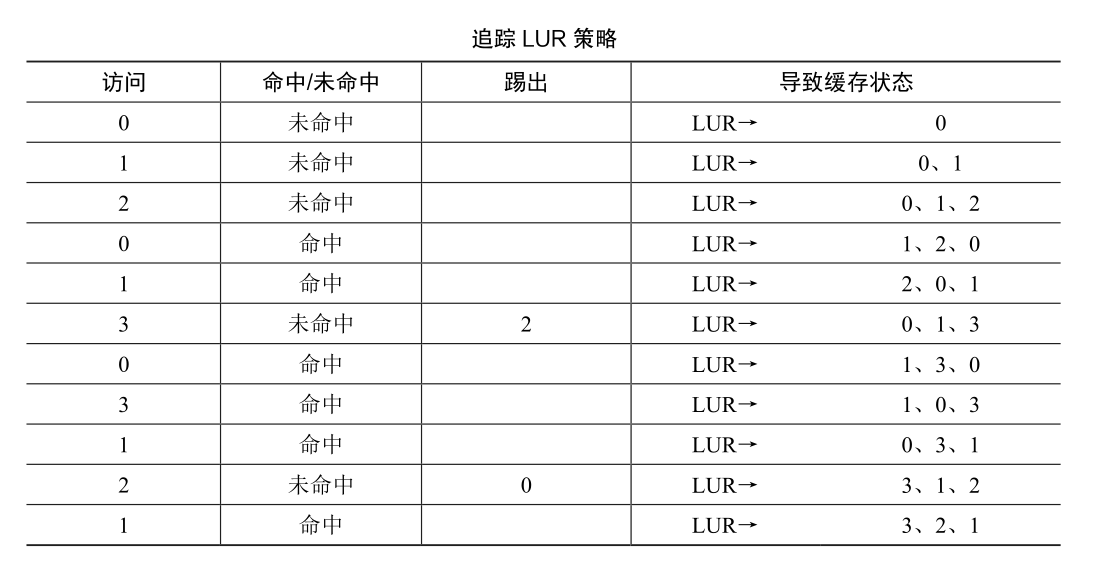sample 10 使用event listener监控Water类的创建和销毁。在Water类中,有一个静态变量allocated,创建一次值加一,销毁一次值减一。为了实现这个功能,重载了new和delete关键字,然后在new和delete函数中,做allocated的增减和记录allocated变量的值。

class Water {
public:
// Normal Water declarations go here.
// operator new and operator delete help us control water allocation.
void* operator new(size_t allocation_size) {
allocated_++;
return malloc(allocation_size);
}
void operator delete(void* block, size_t /* allocation_size */) {
allocated_--;
free(block);
}
static int allocated() { return allocated_; }
private:
static int allocated_;
};
int Water::allocated_ = 0;
gtest的event listener能在TEST执行前和执行后调用,然后就可以判断TEST执行完后是否发生泄漏。event listner是非入侵式检测,不需要在TEST里写测试代码,而是在TEST之外执行特定的监控代码。
注册event监听的方法如下,在每个测试前执行OnTestStart,在测试后执行OnTestEnd。计算int difference = Water::allocated() - initially_allocated_;就可以得知是否发生内存泄漏,忘记了删除new的对象。

class LeakChecker : public EmptyTestEventListener {
private:
// Called before a test starts.
void OnTestStart(const TestInfo& test_info ) override {
initially_allocated_ = Water::allocated();
}
// Called after a test ends.
void OnTestEnd(const TestInfo& /* test_info */) override {
int difference = Water::allocated() - initially_allocated_;
// You can generate a failure in any event handler except
// OnTestPartResult. Just use an appropriate Google Test assertion to do
// it.
EXPECT_LE(difference, 0) << "Leaked " << difference << " unit(s) of Water!";
}
int initially_allocated_;
};
// 如果检查泄漏,则注册event listener监控
if (check_for_leaks) {
TestEventListeners& listeners = UnitTest::GetInstance()->listeners();
listeners.Append(new LeakChecker);
}
测试代码如下,由于使用的是非入侵式检测,所以TEST函数和普通的测试一样。下面的DoesNotLeak测试无内存泄漏发生,而LeaksWater测试,会发生内存泄漏。

TEST(ListenersTest, DoesNotLeak) {
Water* water = new Water;
delete water;
}
// This should fail when the --check_for_leaks command line flag is specified.
TEST(ListenersTest, LeaksWater) {
Water* water = new Water;
EXPECT_TRUE(water != nullptr);
}
不启用内存泄漏测试时的输出结果:

使用内存泄漏测试时的输出结果:

